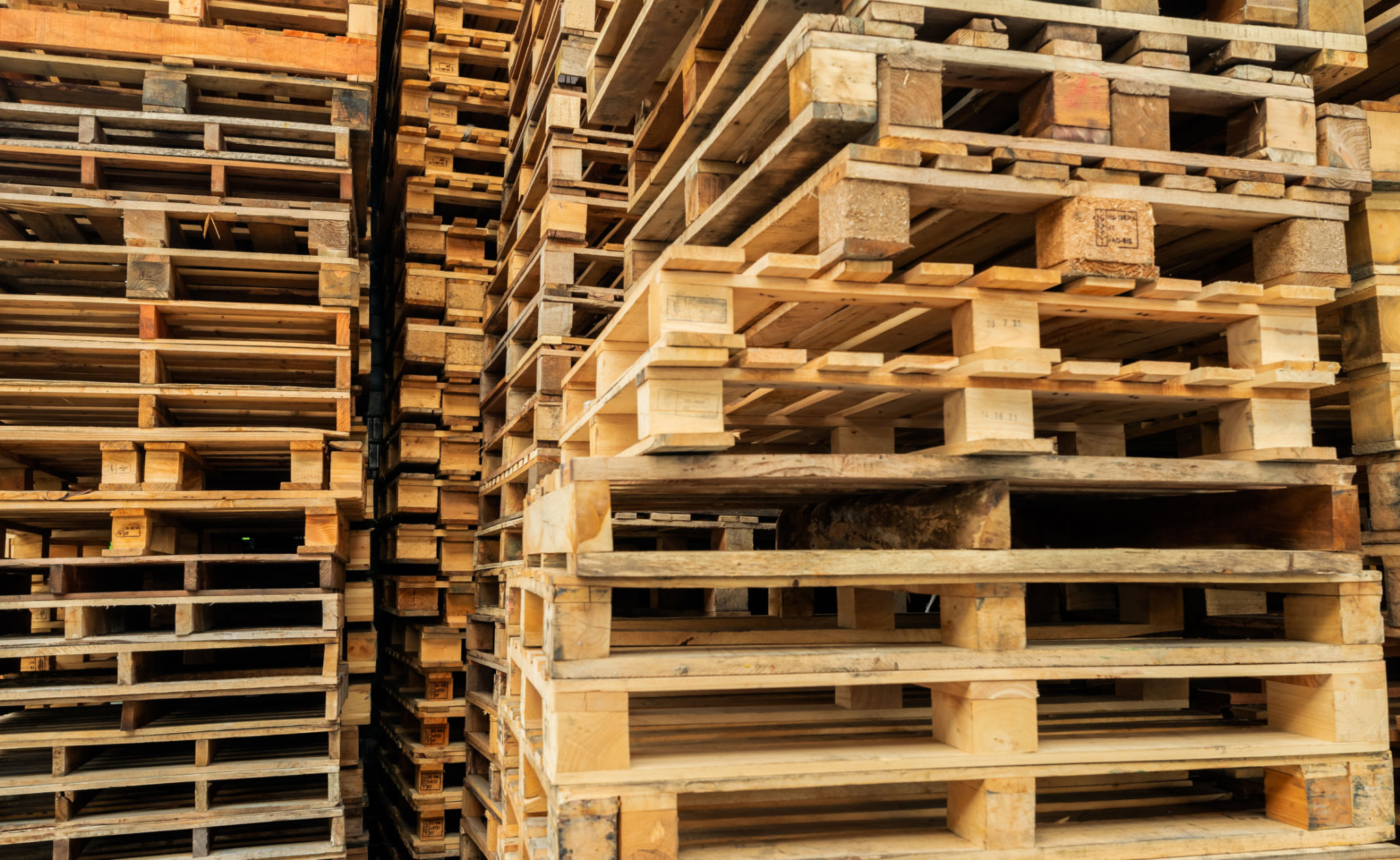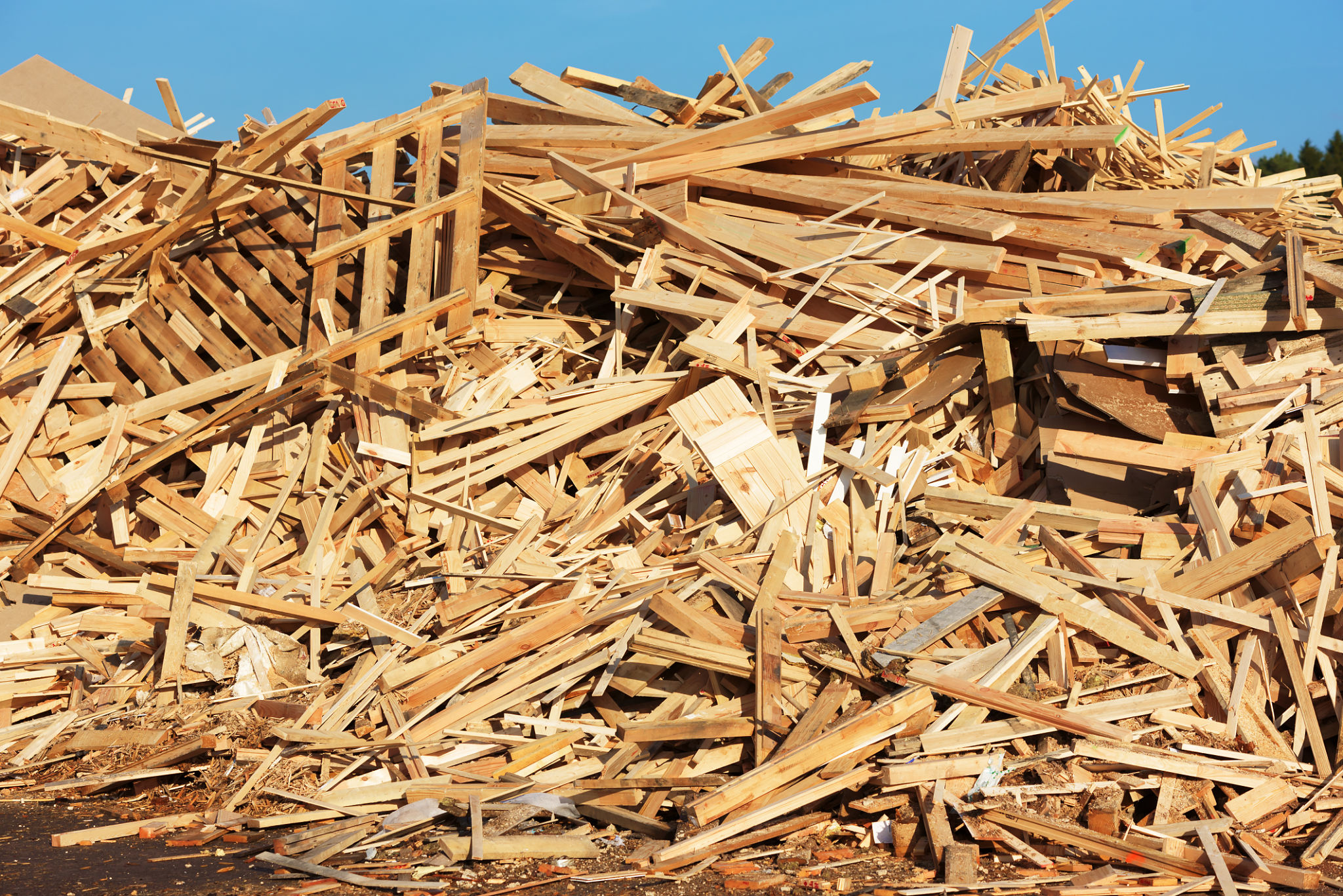Sustainable Practices in the Pallet Industry: A Competitive Edge
Understanding Sustainability in the Pallet Industry
The pallet industry, a critical component of global supply chains, is increasingly turning its focus towards sustainability. This shift is not just a response to environmental concerns but also an opportunity to gain a competitive edge in the market. By embracing sustainable practices, pallet manufacturers and users can significantly reduce their environmental footprint while enhancing operational efficiency.
Sustainability in the pallet industry involves a comprehensive approach that encompasses the entire lifecycle of pallets. From sourcing raw materials responsibly to optimizing manufacturing processes and promoting recycling and reuse, each step offers potential for improvement. As businesses strive to meet environmental regulations and consumer expectations, sustainable practices can set them apart from competitors.

Benefits of Sustainable Practices
Implementing sustainable practices in the pallet industry offers numerous benefits. Firstly, it reduces waste and energy consumption, which can lead to cost savings. Secondly, it enhances brand reputation, as consumers and partners increasingly prefer businesses that demonstrate a commitment to environmental responsibility. Lastly, it opens up new market opportunities, particularly among eco-conscious customers.
One key area where sustainability can be achieved is in the choice of materials. Opting for pallets made from recycled or renewable materials can significantly lower the environmental impact. Additionally, manufacturers can adopt energy-efficient technologies and processes to further reduce their carbon footprint.
Recycling and Reuse
A major component of sustainability is the emphasis on recycling and reusing pallets. By implementing systems that facilitate the return and refurbishment of pallets, companies can extend their lifecycle and minimize waste. This not only conserves resources but also reduces costs associated with the production of new pallets.

Innovative Solutions for Sustainability
Innovation plays a crucial role in driving sustainability within the pallet industry. Companies are exploring various solutions, such as modular pallet designs that are easier to repair or modify. Additionally, some businesses are developing smart pallets equipped with tracking technology to optimize logistics and reduce unnecessary transportation.
The use of biodegradable materials is another promising avenue. These materials break down more easily at the end of their life, minimizing landfill contributions. By investing in research and development, the pallet industry can continue to discover new ways to enhance sustainability.
Collaboration and Industry Standards
Achieving sustainability requires collaboration across the supply chain. Manufacturers, suppliers, and customers must work together to establish best practices and industry standards. Organizations such as the National Wooden Pallet & Container Association (NWPCA) provide guidelines and resources to support these efforts.

The Future of Sustainability in the Pallet Industry
As the global demand for sustainable solutions grows, the pallet industry has a unique opportunity to lead by example. By prioritizing sustainability, companies can not only reduce their environmental impact but also build a resilient business model that is better equipped to face future challenges.
In conclusion, sustainable practices in the pallet industry are more than just an ethical choice; they are a strategic advantage. By embracing sustainability, businesses can enhance their operations, meet regulatory requirements, and appeal to a growing base of environmentally conscious customers. The path forward is clear: sustainability is not just a trend but a fundamental shift towards a more responsible and competitive future.